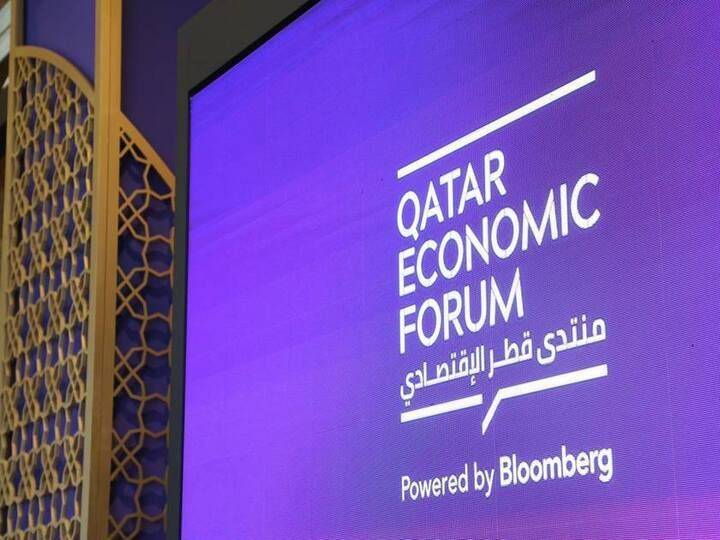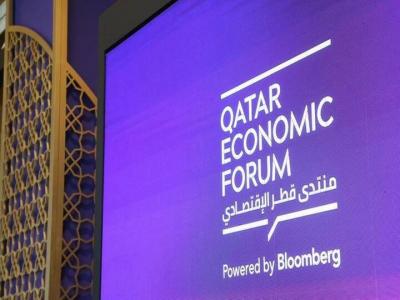Saudi Energy Minister Prince Abdulaziz bin Salman stated that "the International Energy Agency has a special talent for being wrong continuously," noting that "predictions were the cause of most fluctuations in 2022." During a panel discussion on "Global Energy Supplies" at the Qatar Economic Forum, the Saudi energy minister revealed three goals for "OPEC+": vigilance, initiative, and hedging, which may come in the future. He added, "Speculators, as in any market, are here to stay; I constantly inform them that they will suffer. They suffered in April. I don't have to reveal my cards, but I will just tell them, beware."
On his part, Qatari Energy Minister Saad bin Sherida al-Kaabi confirmed that there will be a shortage of gas and oil in the future due to a lack of investment for a decade, attributed to energy transition efforts. He said, "All the gas from our expansion in the North Field could run out by the end of the year due to very high demand." He emphasized that "we produce the maximum possible quantity of liquefied natural gas technically, not what others say we should produce," expressing his satisfaction that "the G7, in its final statement, noted the world's need for more liquefied natural gas supplies."
Iraqi Oil Minister Hayyan Abdulghani spoke about Iraqi efforts "to maintain stability and help grow the global economy," stating, "We are keen to adhere to OPEC+ decisions to ensure oil market stability and secure supplies." He announced that Turkey had been informed of Iraq's readiness to begin exporting oil from the Ceyhan port, noting that they were "informed of the possibility of damage to the pipeline from the earthquake," confirming that they are awaiting "a final response from Turkey and are waiting for a technical opinion regarding the pipeline."
Members of the OPEC+ alliance are set to meet on June 4 in Vienna to decide on their next course of action.




